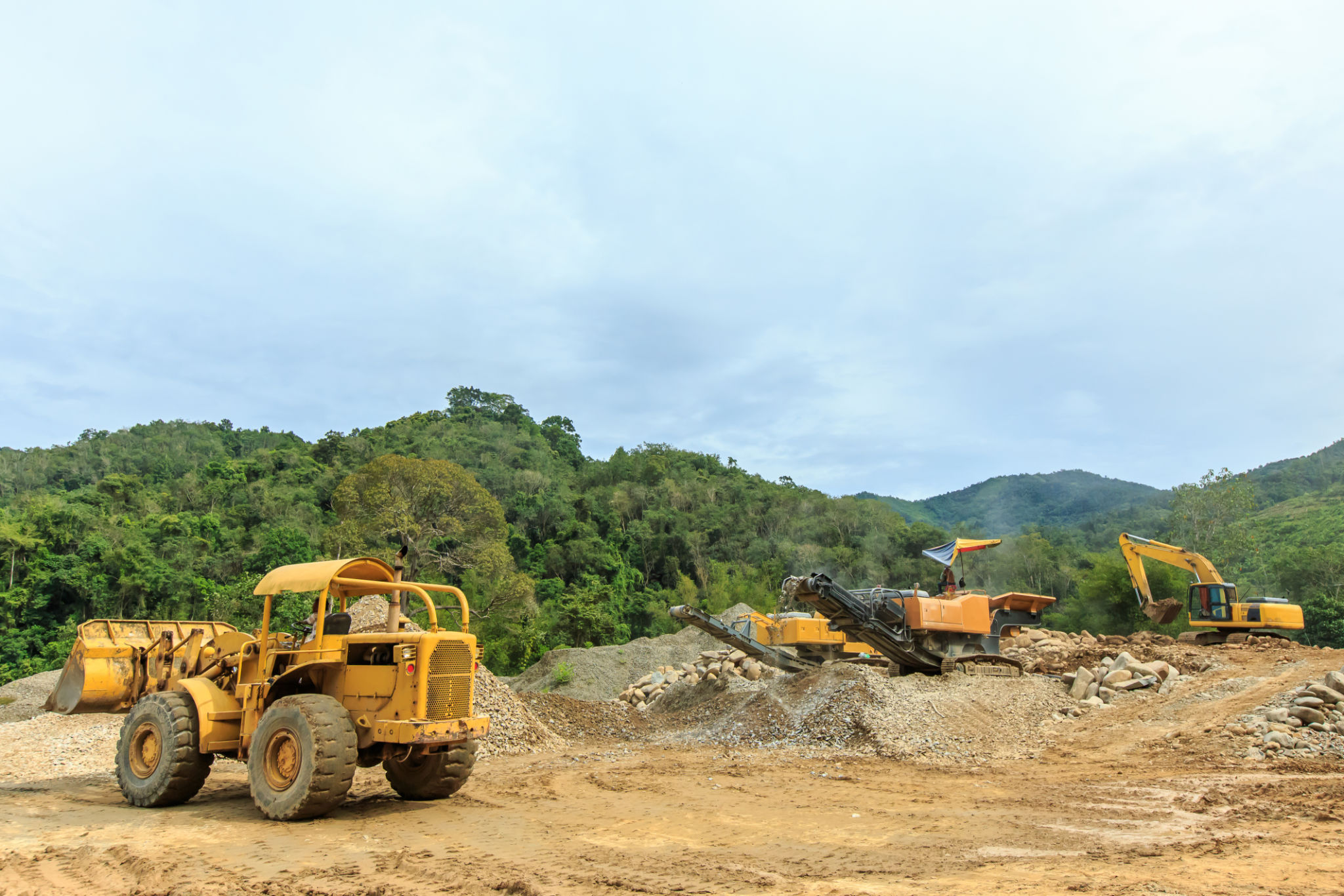How to Choose the Right Construction Material for Your Project in Sabah
Understanding the Importance of the Right Construction Material
When embarking on a construction project in Sabah, selecting the right materials is crucial for ensuring durability, safety, and cost-effectiveness. The region's unique climate and geography pose specific challenges that must be addressed through careful material selection. Whether you're building a residential home, commercial space, or infrastructure project, the right materials can significantly impact the success and longevity of your project.
Construction materials not only affect the structural integrity of a building but also influence its aesthetic appeal and environmental footprint. With sustainability becoming a growing concern, choosing eco-friendly materials can also help reduce the carbon footprint of your project.

Factors to Consider When Choosing Construction Materials
Climate and Environmental Conditions
Sabah's tropical climate, characterized by high humidity and frequent rainfall, requires materials that can withstand moisture and prevent mold growth. Selecting materials such as treated timber or moisture-resistant concrete can help mitigate these challenges. Additionally, consider materials that provide good thermal insulation to maintain comfortable indoor temperatures.
Availability and Cost
The availability of materials can significantly influence your choice. Locally sourced materials not only reduce transportation costs but also support the local economy. In Sabah, materials like timber and bamboo are readily available and can be cost-effective options for various projects. Consider the lifecycle costs of materials, including maintenance and replacement expenses, to make a financially sound decision.

Sustainability and Environmental Impact
With the global push towards sustainable development, it's essential to consider the environmental impact of your construction materials. Opt for materials that are renewable, recyclable, or have low embodied energy. For instance, using reclaimed wood or recycled steel can contribute to a more sustainable construction process. Additionally, explore innovative materials like green concrete, which incorporates industrial by-products to reduce carbon emissions.
Functionality and Aesthetic Appeal
The functionality of a material should align with the intended use of the building. For example, if you're constructing a public facility that experiences heavy foot traffic, durable flooring materials like ceramic tiles or polished concrete would be ideal. Moreover, aesthetics play a significant role in material selection, as they contribute to the overall appeal and character of the space. Choose materials that harmonize with the architectural style and enhance the visual appeal of your project.

Consulting with Professionals
Collaborating with architects, engineers, and contractors can provide valuable insights into suitable material choices. These professionals can offer expert advice on the latest material innovations and help you navigate building codes and regulations in Sabah. Their experience ensures that you select materials that meet both functional and regulatory requirements.
Additionally, engage with local suppliers who have an in-depth understanding of the regional market and can offer competitive pricing and reliable sourcing options. Building strong relationships with these suppliers can also streamline the procurement process and ensure timely delivery of materials.
Conclusion
Choosing the right construction material for your project in Sabah involves balancing factors such as climate suitability, cost, sustainability, and aesthetic appeal. By carefully considering these aspects and seeking professional guidance, you can ensure that your project not only meets current needs but also stands the test of time. Remember that the investment in quality materials today can lead to significant savings and satisfaction in the future.
